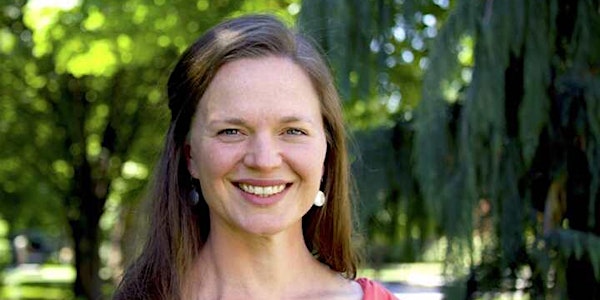
Registrations are closed
Thank you for your RSVP to this event. You will receive a Zoom link prior to the start of Dr. Cordner's talk.
Why are Toxic Chemicals Everywhere? Learning from Science and Advocacy
Dr. Alissa Cordner will discuss her research on on Per- and Polyfluoroalkyl Substances (PFAS).
Date and time
Location
Online
About this event
Per- and Polyfluoroalkyl Substances (PFAS) are a group of man-made chemicals that have been manufactured and used in a variety of industries around the globe, including in the United States, since the 1940s. These chemicals are very persistent in the environment and in the human body – meaning they don’t break down and they can accumulate over time.
In this talk, Alissa will highlight the Whitman student researchers working with her in the study of these chemicals and talk about the PFAS Project Lab, studying social, scientific, and political factors of Per- and Polyfluoroalkyl Substances. For a preview of the work of this lab, visit www.pfasproject.com
Dr. Alissa Cordner, Associate Professor of Sociology and Garrett Fellow, received her PhD in sociology from Brown University in 2013. At Whitman, Alissa teaches courses in Sociology and Environmental Studies, including Social Problems, Environmental Sociology, Environmental Health, and Environmental justice.Alissa's research focuses on environmental sociology, the sociology of risk and disasters, environmental health and justice, and politics and participation. She is currently working on three projects: the social and political aspects of wildfire risk management, farmers' experiences with environmental risks, and the social and scientific discoveries of perfluorinated chemicals.
Her 2016 book, Toxic Safety: Flame Retardants, Chemical Controversies, and Environmental Health, examines how environmental health risks are defined and contested, in the face of unavoidable scientific uncertainty and competing, powerful stakeholders. Drawing on in-depth qualitative research on a controversial class of chemicals used as flame retardants, Toxic Safety shows that stakeholders' strategic interpretations and presentations of scientific rationality, uncertainty, and evidence directly impact environmental and public health.
Alissa grew up in Oregon's Willamette Valley. She attended Bowdoin College and majored in Sociology and French. After graduating, she taught English and History courses at a University in France, worked as an environmental organizer in Oregon, and spent two years working in youth wilderness programs in Oregon, Washington, and Idaho. She is thrilled to be back in the Northwest.